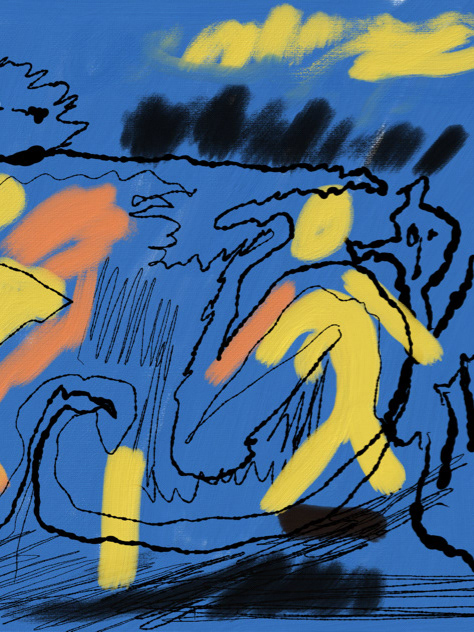Population control policies are proposed and in some places employed as a means towards curbing population growth. This paper is concerned with a disturbing side-effect of such policies, namely, the potential risk of societal fragmentation due to changes in the distribution of family sizes. This effect is illustrated in some simple settings and demonstrated by simulation. In addition, the dependence of societal fragmentation on family size distribution is analyzed. In particular, it is shown that under the studied model, any population control policy that disallows families of 3 or more children incurs the possible risk of societal fragmentation.










